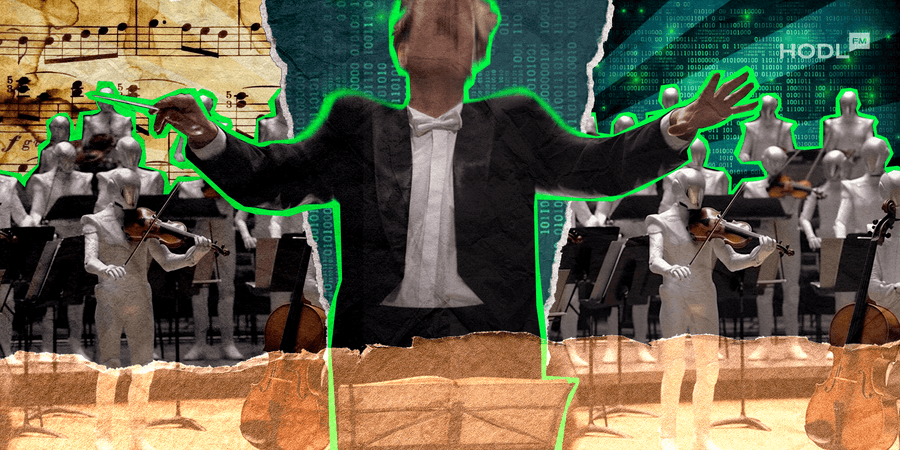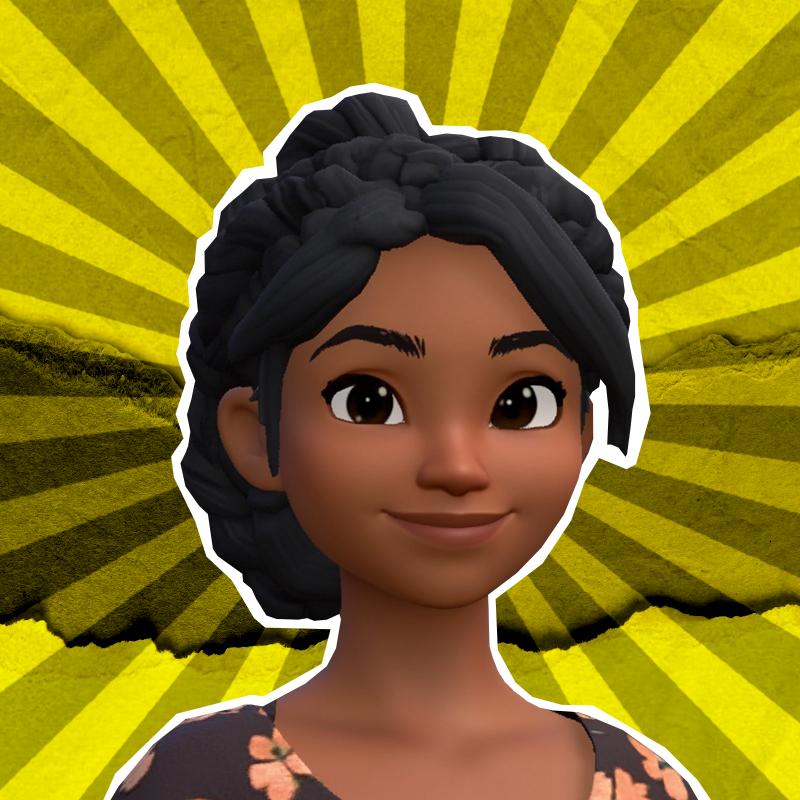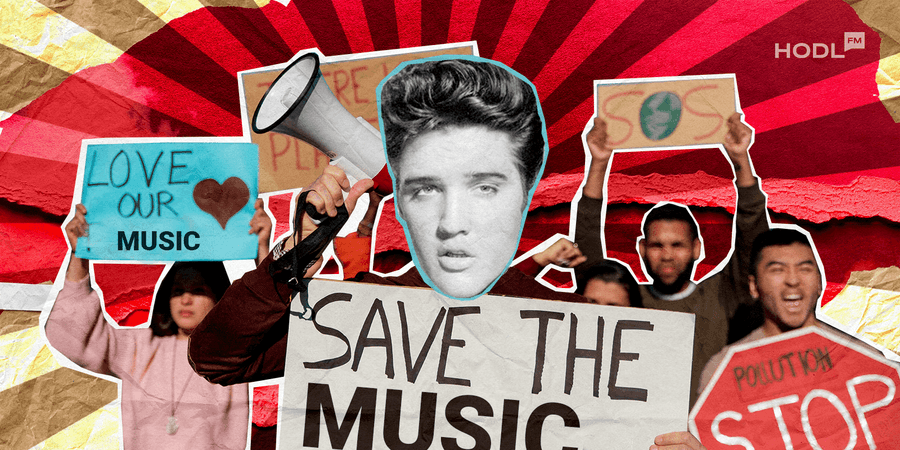Hundreds of musicians and songwriters have signed an open letter from the Artists’ Rights Alliance demanding a halt to what the group considers to be the devaluing of artists’ work in the music industry by artificial intelligence.
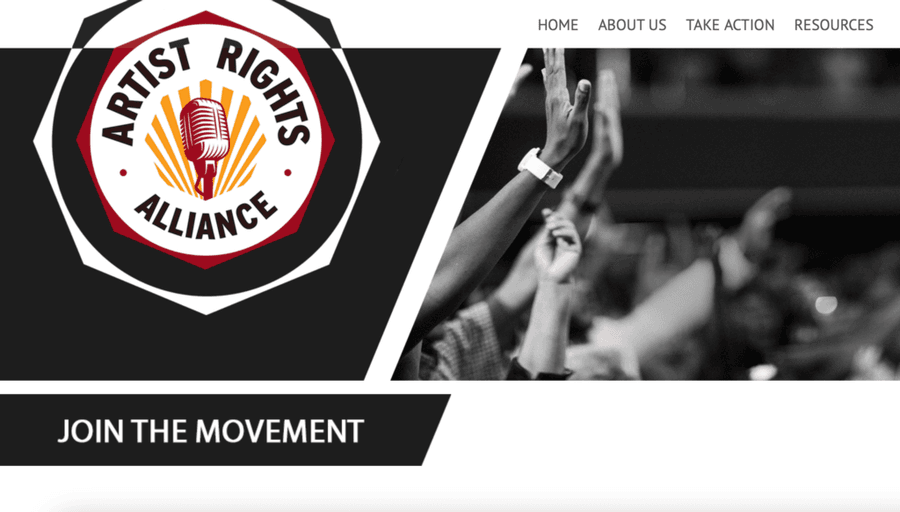
Many of the artists who have joined the Artists’ Rights Alliance movement are household names across generations: from Billie Eilish, Katy Perry, Nicki Minaj, Pearl Jam, Jon Bon Jovi, the Jonas Brothers, Peter Frampton, Billy Porter, Zayn Malik, Darius Rucker, Imagine Dragons, and Greta Van Fleet. Even the estates of Bob Marley and Frank Sinatra have endorsed it.
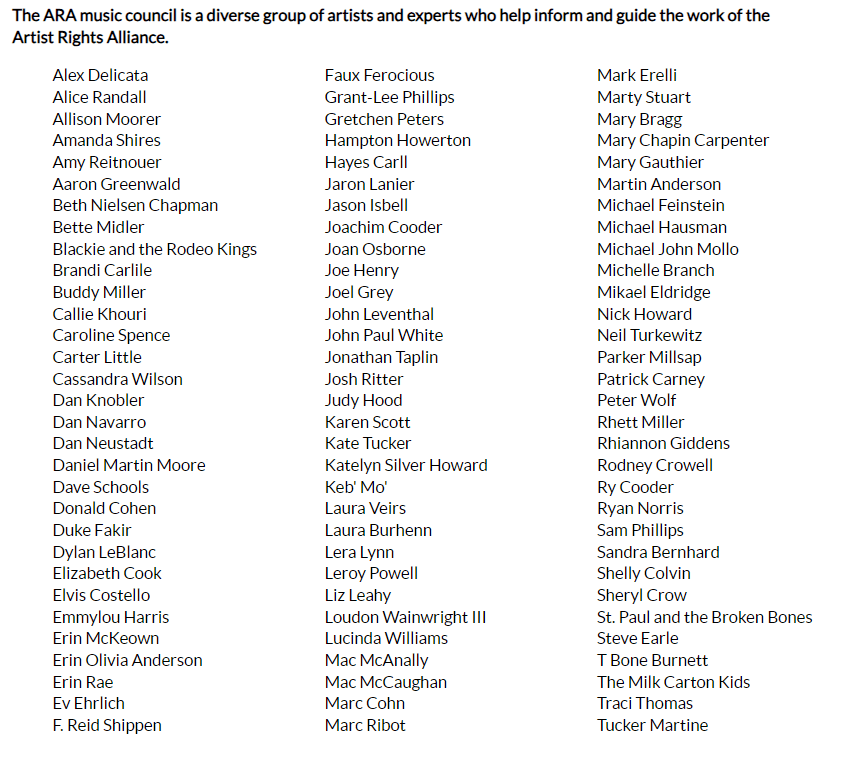
Related: Apple’s ReALM Surpasses GPT-4: A Breakthrough in Language Models
We call on all artificial intelligence developers, tech companies, platforms, and digital music services to pledge that they will not develop or deploy technologies, content, or tools that undermine or replace the human craftsmanship of songwriters and artists or deprive us of fair compensation for our work.
Artists vs. “Reckless” AI
The group declared its intention to halt the “reckless” AI, which it claims is “sabotaging creative potential and undermining artists, songwriters, musicians, and advocates.”
Make no mistake: we believe that, when used responsibly, AI holds tremendous potential for advancing human creativity and thereby enabling the growth of new and exciting experiences for music fans everywhere.
The Artists’ Rights Alliance argues that if left unchecked, AI will perpetuate a race to the bottom, diminishing the value of artists’ work and impeding their ability to receive adequate compensation.
This assault on human creativity must be stopped. We must shield against the predatory use of AI to steal the voices and likeness of professional artists, infringe upon Creator’s rights, and dismantle the music ecosystem.
However, only some people are up in arms against artificial intelligence in the music industry. Some musicians have embraced the new technology, from Beatles members utilizing AI to release their latest song to Guns N’ Roses.
Last year, Hollywood stopped due to the double whammy of the Writers Guild of America (WGA) and the Screen Actors Guild-American Federation of Television and Radio Artists (SAG-AFTRA) strikes. Among the myriad issues the unions hashed out in their negotiations with the Alliance of Motion Picture and Television Producers (AMPTP) was the use of artificial intelligence.
The AI Training Dilemma and Copyright
In November, Ed Newton-Rex, former VP of Artificial Creativity Stability, publicly resigned from the company over the use of copyrighted Stability AI material under the guise of “fair use.”
Concerned about Stability AI’s stance, which delved into using copyrighted materials to train its generative artificial intelligence product, audio department head Ed Newton-Rex announced his departure from the company. This move reignited a broader conversation around the concept of “fair use” and the unchecked use of content in AI models without the creator’s consent.
“I stepped down as head of the audio group at Stability AI because I disagree with the company’s stance that training generative AI models on copyrighted works constitutes ‘fair use,'” Newton-Rex tweeted.
The reaction was mixed: some praised Newton-Rex’s stance. However, others questioned his definition of copyright violation.
“So, anyone who reads a book, listens to music, watches a movie, etc., that then inspires them to create is infringing on copyrights?” tweeted user John Harvey.
More Info:
The resignation of Ed Newton-Rex from Stability AI further highlights the complex interplay between AI development and copyright concerns, prompting a reevaluation of the concept of “fair use” in the realm of AI-driven creativity. While luminaries like Billie Eilish, Katy Perry, and others advocate for safeguarding human craftsmanship against what they perceive as the devaluing influence of AI, the alliance recognizes the potential of AI when used responsibly. Amidst these calls for restraint, some embrace AI as a tool for innovation and creative exploration.
Disclaimer: All materials on this site are for informational purposes only. None of the material should be interpreted as investment advice. Please note that despite the nature of much of the material created and hosted on this website, HODL FM is not a financial reference resource and the opinions of authors and other contributors are their own and should not be taken as financial advice. If you require advice of this sort, HODL FM strongly recommends contacting a qualified industry professional.
